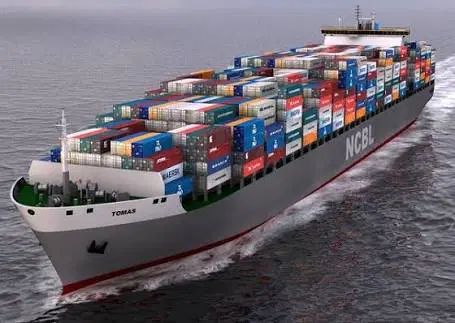The Nigeria Customs Service (NCS), Onne Area II Command in Rivers State, has issued a stern warning to cargo owners and brokers, stressing that any consignment left uncleared beyond 120 days risks forfeiture.
Comptroller Aliyu Alkali delivered the warning during a sensitisation programme for consignees, customs brokers, terminal operators, and officers. He explained that the command is enforcing the Overtime Cargo E-Clearance System to end the persistent problem of abandoned cargo, congestion, and delays at Nigerian ports.
“For years, port operations have been crippled by manual paperwork, abandoned cargo, and slow clearance processes. These challenges have stalled trade and reduced economic activity. With the new automated overtime clearance and disposal system, most of these bottlenecks will be eliminated,” Alkali said.
The new platform allows stakeholders to apply, track, and receive approvals online without unnecessary physical interaction with officials. Every step in the process is time-bound, tracked, and recorded, ensuring full accountability and transparency. According to Alkali, the system will provide real-time visibility of port operations, cut down on endless paperwork, and reduce the waiting period for cargo release.
Read Also:
- NCS adopts CBT online test, shortlists 286,697 candidates ahead of September 14
- NCSB approves appointment of 4 DCGs, 12 ACGs, promotes 3,312 senior officers
- Ebonyi lawmaker urges new NCS Controller-General to prioritize inmates’ welfare
Comptroller-General of Customs, Bashir Adeniyi, represented at the event by Comptroller Hadiel Hardison, urged importers and port users to embrace the initiative, noting that it aligns with international best practices in trade facilitation. “This is the future of port operations in Nigeria, and stakeholders must adapt quickly,” he said.
Ibrahim Muhammad, Assistant Comptroller in the ICT Department, conducted a technical demonstration of the clearance process, showing how the system operates under the 120-day cargo dwelling period and warning of the risks of delay.
The move signals a decisive step by the Nigeria Customs Service to clamp down on congestion at Onne Port and protect Nigeria’s trade environment from inefficiency. With over 70 percent of cargo traffic in the South-South passing through Onne, the new system could reshape port clearance and enhance the country’s competitiveness in global shipping.






